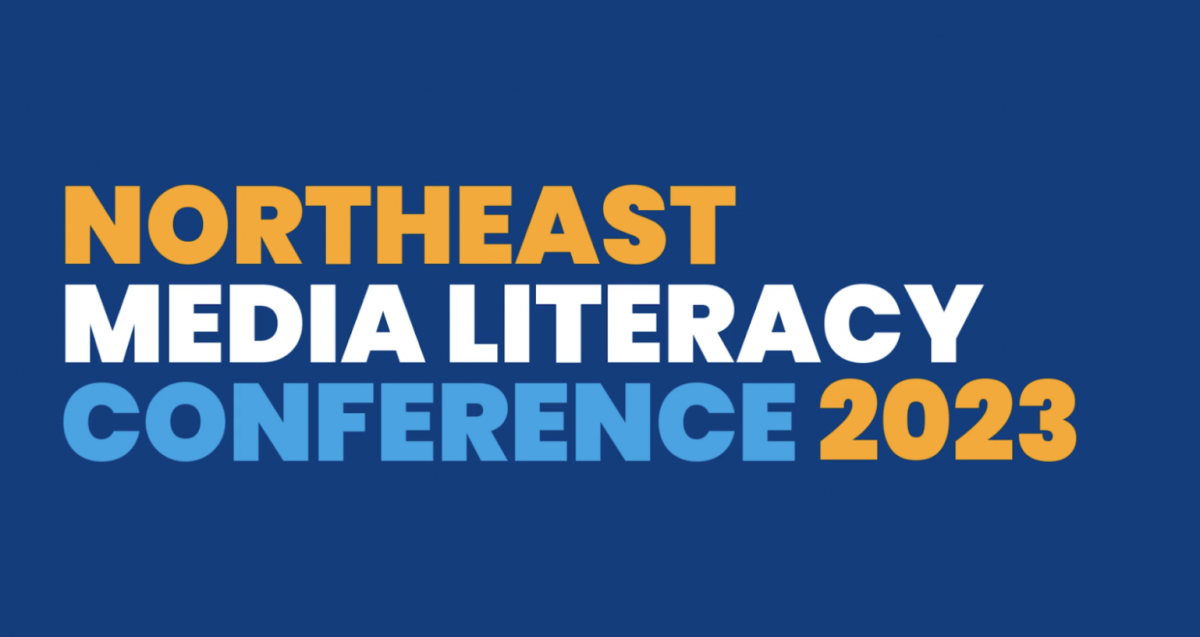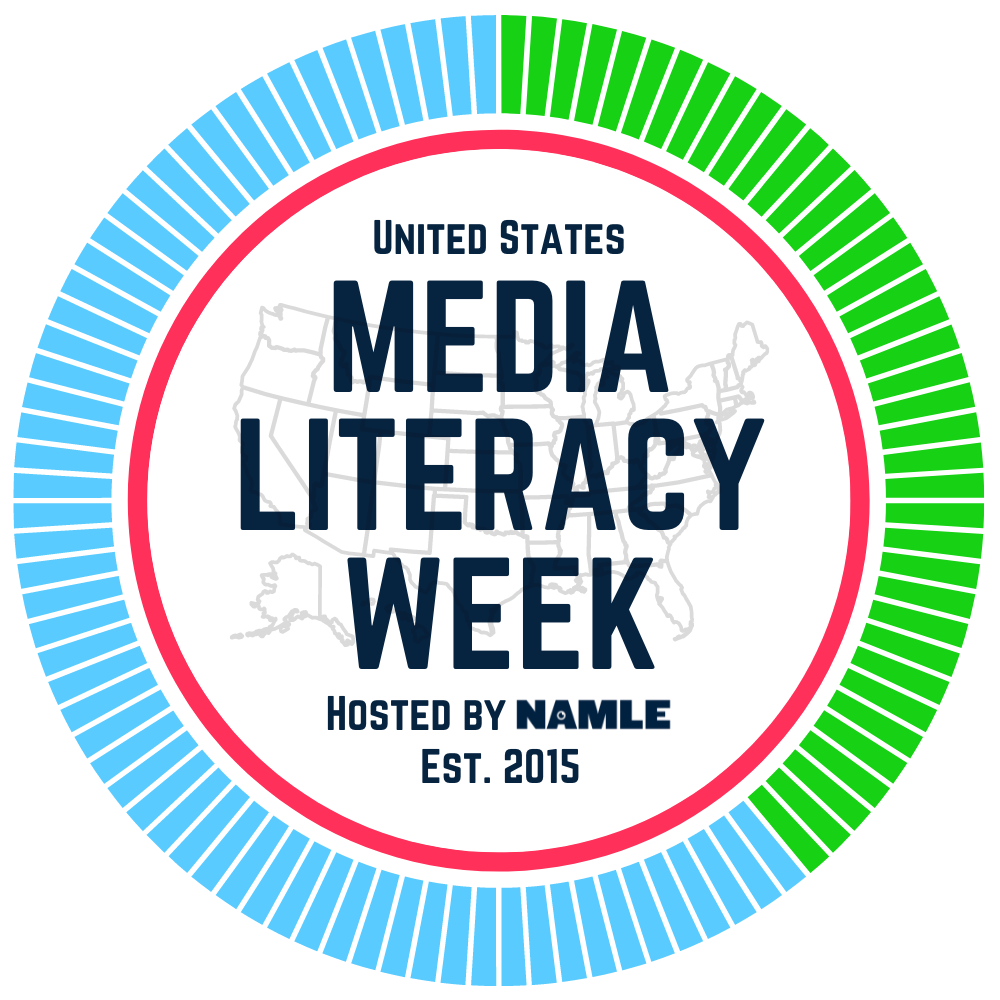
 We're celebrating Media Literacy Week
We're celebrating Media Literacy Week
PREVIEW OF COMING ATTRACTIONS!
On January 13 - 14, 2023, the media literacy community will gather for NMLC23, the 16th Annual Northeast Media Literacy Conference! This online conference is organized around the theme of RESISTING THE FRAME. Join us for a webinar where we share our planning process for this conference and preview some of the unique features of this special event.
DATE: Friday, October 28, 2022
TIME: 12 pm EST
LOCATION: Online. Click here to register for the preview webinar.
Conference organizers Michelle Ciccone and Iglika Ivanova will describe their plans for the conference and lead a discussion on how the unique features of the program support an ongoing, multidisciplinary, and global learning community. Media literacy education is often seen as part of the solution to the many information and political challenges we face around the world. We hear various stakeholders declare the importance of media literacy education, including policymakers and politicians, educators, researchers, journalists, social media platforms, parents and caregivers, community members, and more.
But media literacy is also a moving target. As our information ecosystems evolve, so do ideas about what it means to move competently and ethically through these media environments. Each stakeholder may have a different conceptualization of what it means to be "media literate" and whose responsibility it is to make progress there. Sometimes those conceptualizations can exist in tension with one another. Sometimes one stakeholder's conceptualization of media literacy can frame the work of media literacy education in ways that don't quite fit the conceptualization of another set of stakeholders.
NMLC23 is organized around the theme of RESISTING THE FRAME. Join us to explore three themes that examine these key questions:
(1) Global Media Literacy and Technology Policy. Why do we put policy and media literacy in one sentence (and what do we risk if we don't)? Can citizens indeed be empowered through media literacy education that is framed by stakeholders who pursue their own interests?
(2) Reimagining Ed Tech in Schools. What are the kinds of relationships between educational technology and schools that foster and facilitate media literacy competencies for students, teachers, and communities?
(3) Propaganda and Persuasion. Where are the persuasive genres explored in the context of K-12 and higher education? How do/should we teach about them? Why is learning about propaganda and persuasion more important than ever before?
In this online conference, you'll get a chance to learn from leaders in the field and engage in productive dialogue that deepens your knowledge and confidence as a media literacy leader.